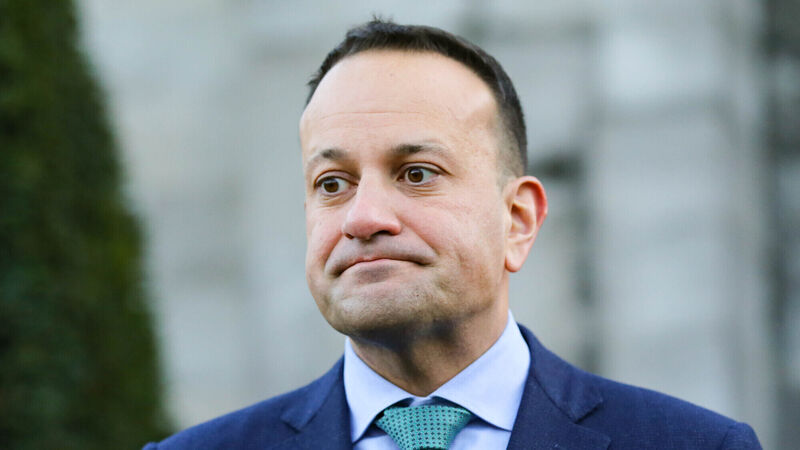Daniel McConnell: Public has fallen out of love with Leo Varadkar

Tánaiste Leo Varadkar, the leader of Fine Gael, is set to become taoiseach again, for the second time, in 12 months. Picture: Damien Storan
In just 12 months’ time, Tánaiste Leo Varadkar, the leader of Fine Gael, is set to become taoiseach again for the second time.
This is, as we know, on foot of a deal done with Fianna Fáil and the Greens in 2020 to allow the two old enemies to rotate the position of taoiseach at the midway point in the lifetime of this Government.















